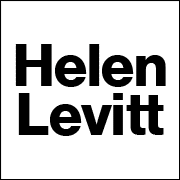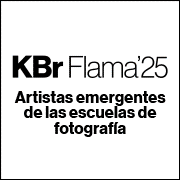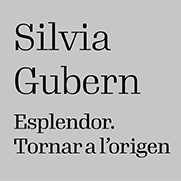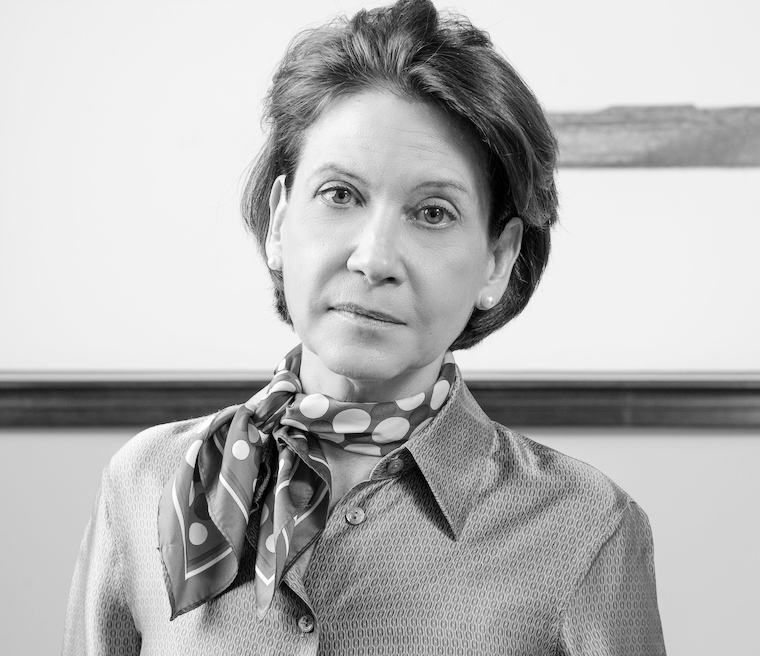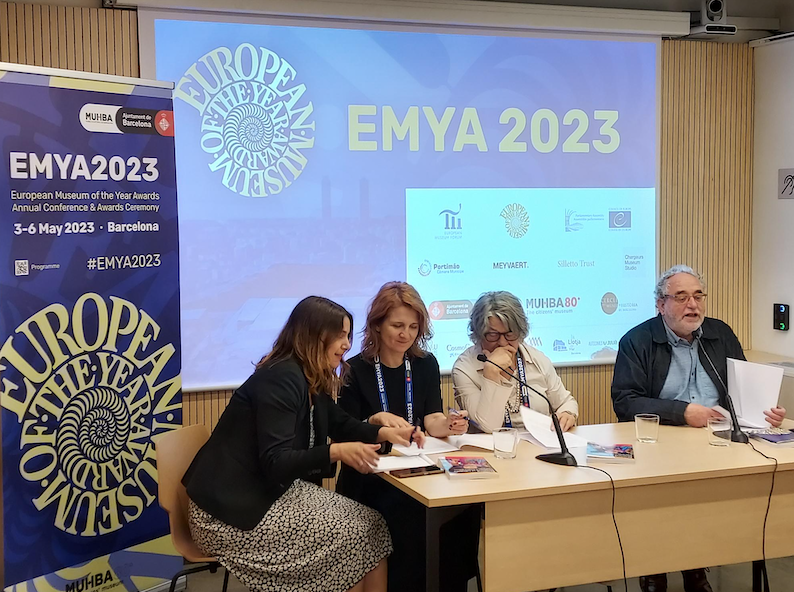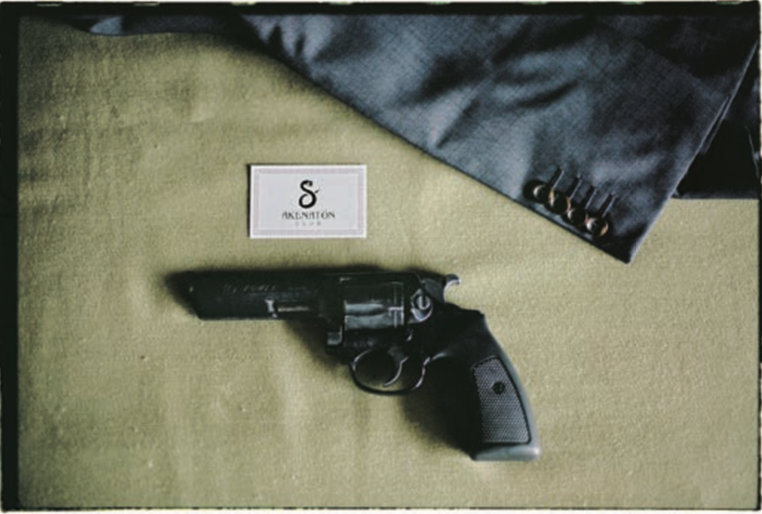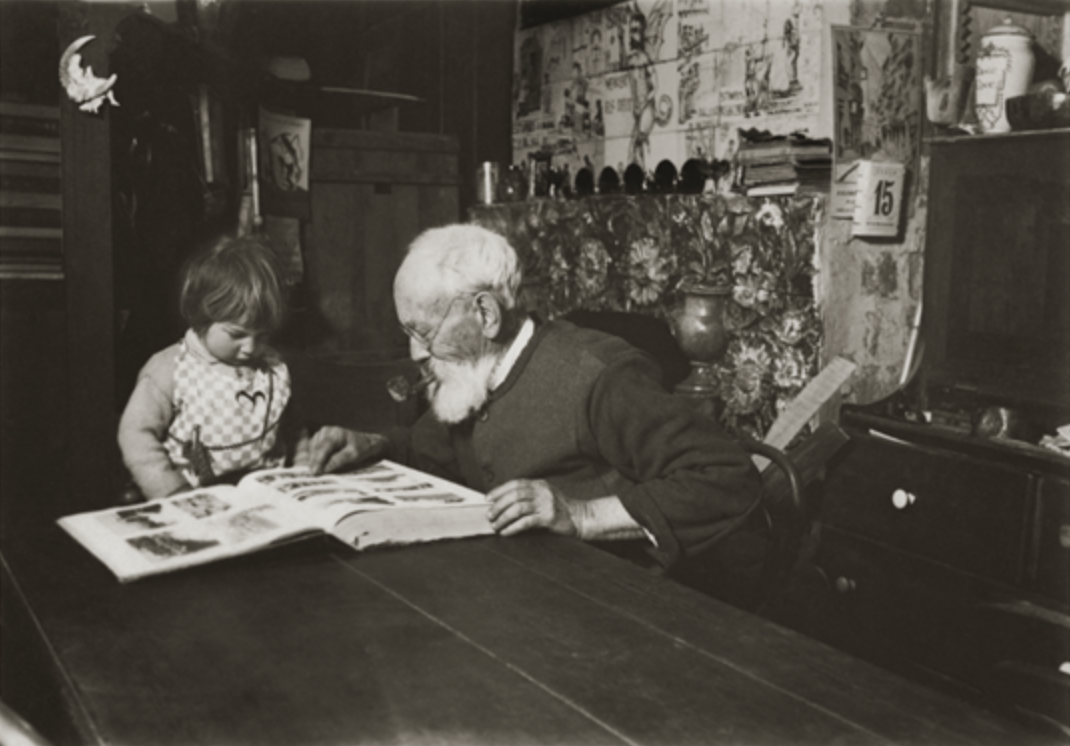News
ETNO Valencian Museum of Ethnology and Chillida Leku, winners of the EMYA European museum of the year awards
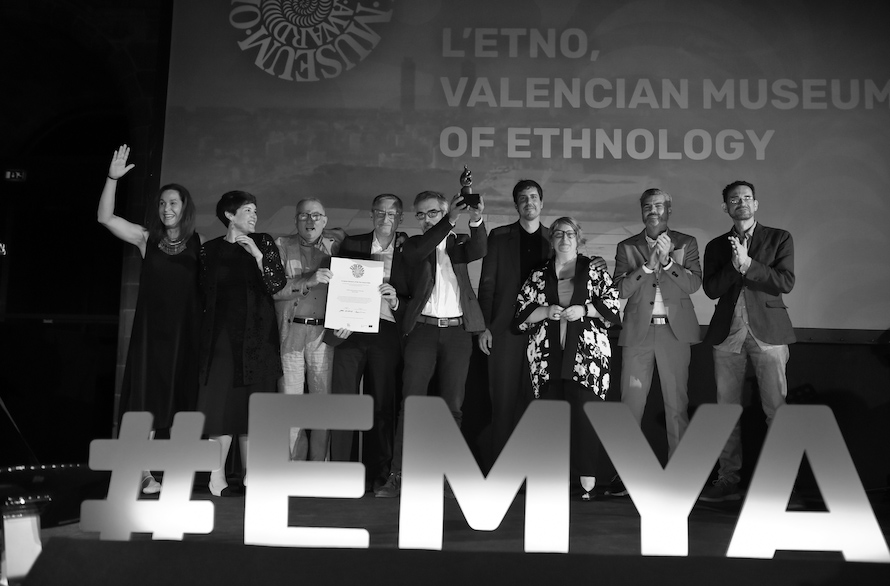
After three days of talks, debates, presentations, workshops and city tours, the EMYA museum conference comes to an end with the announcement of the six winning museums of the most prestigious museum awards in Europe. The ETNO Valencian Museum of Ethnology, and Chillida Leku, from Hernani, took home two of the main awards.
The EMYA conference was held in the Saló del Tinell of the MUHBA (Barcelona History Museum), which for three days welcomed almost 300 registrants from 33 museums from 18 European countries. Any type of museum that meets one of these three conditions can be submitted to the awards: that it is a new museum, that it has opened in the last three years or that it is a consolidated museum that has renewed its organization and completed a substantial program of modernization and expansion of its buildings and galleries. The award ceremony took place at the Llotja de Mar in Barcelona.
This is the list of awards for the 2023 edition: The EMYA award (European Museum of the Year Award) went to L'ETNO, the Valencian Museum of Ethnology , because "it operates with a solid ethical base and a passionate commitment to achieve positive change in the region. He bravely faces the past to navigate an uncertain future. The museum values open and inclusive dialogue and strives to provide universal access to visitors. Through the sharing and discussion of hidden histories, the museum seeks to honor the right of local communities to understand their past and acknowledge their painful experiences.”
The EMYA Award is the most prestigious in the world of museums, and it has been won in other editions by centers such as the Museum of the Mind (Haarlem, Netherlands, 2022), the Museum of the History of Polish Jews (Warsaw, Poland , 2016), the Design Museum (London, United Kingdom, 2018), the Museum of Innocence (Istanbul, Turkey, 2014), the National Museum of Denmark (Copenhagen, Denmark, 1994), the Guggenheim in Bilbao (2000) , the MARQ – Museo Provincial de Arqueología de Alicante (2004), CosmoCaixa (Barcelona, 2006) or the Museo de Medina Azahara de Córdoba (2012).
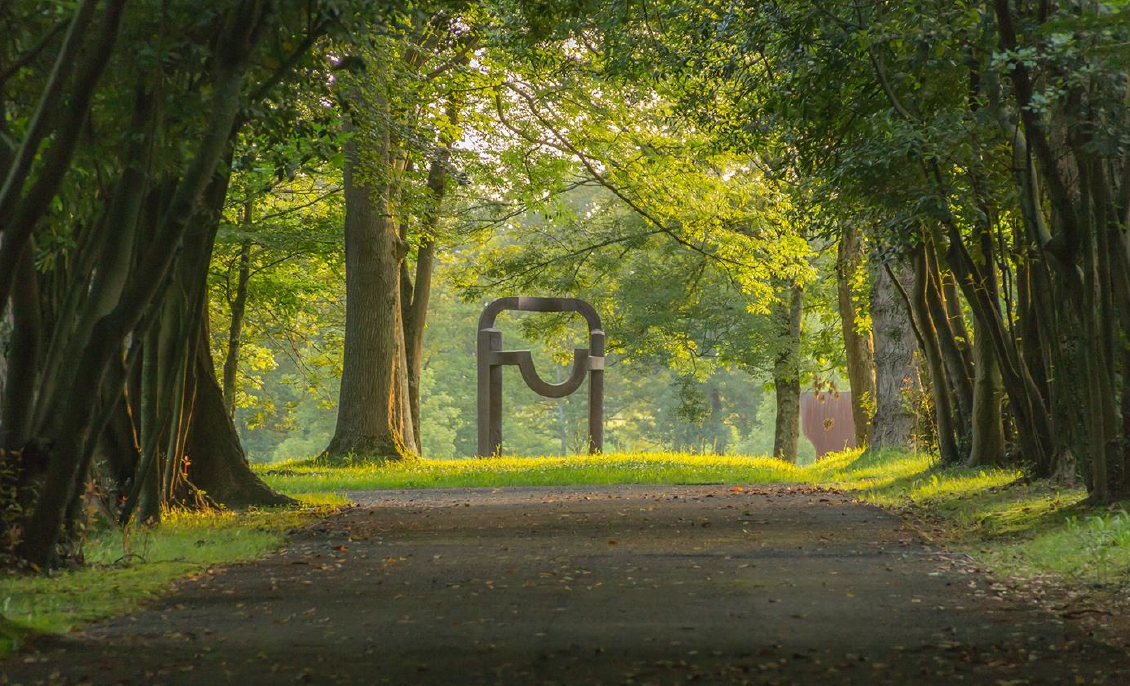
The Museum of Portimão Award for Welcome, Inclusion and Belonging celebrates an atmosphere of friendly inclusion, where all the elements of the museum, its physical environment, its human qualities, its exhibitions and public programs, contribute to make everyone feel valued, respected and belonging. at the museum The museum that won this award, Chillida Leku , is an art museum with an active social agenda. The museum is dedicated to both an artist's work and his core values related to human rights, social justice, music and philosophy. A true meeting place dedicated to bringing people together, it offers a wide range of programs and activities that use multi-sensory and multi-creative expression to promote dialogue and tolerance.
The Council of Europe Prize is awarded to a museum that has made a significant contribution to defending human rights and democratic citizenship, expanding knowledge and understanding of contemporary social issues and creating bridges between cultures by fostering intercultural dialogue or overcoming social and political borders. The award aims to highlight Europe's diverse cultural heritage and the interaction between local and European identities.
Selected by the Committee for Culture of the Parliamentary Assembly of the Council of Europe (PACE) on 5 December 2022 and awarded at a special ceremony which took place on 25 April 2023 at the Palais d'Europe in Strasbourg , the award was presented to the Workers' Museum in Copenhagen (Denmark), an institution and museum that combines the history of its iconic building and the history of the Danish labor movement with current concerns about how workers' culture could be more relevant for society. Through different programs and activities, the museum contributes to broadening visitors' knowledge and understanding of contemporary social issues and ideas of democratic citizenship and to support current social and political activism.
The Kenneth Hudson Award for Institutional Courage and Professional Integrity is awarded by the board of the European Museum Forum to a museum, group or individual, not necessarily an EMYA candidate, for celebrating courageous, sometimes controversial museum practices , which challenge and expand common perceptions. of the role and responsibilities of museums in society. Although rooted and anchored in the experience of a particular individual and a particular cultural minority group, this year's Kenneth Hudson Award-winning museum, 23.5 Hrant Dink Site of Memory , from Turkey, communicates that human rights are indivisible and universal. It illuminates the past while acting towards the future, fosters empathy and mutual understanding, and contributes to social transformation and democratization.
The Silletto Award for Community Engagement and Engagement celebrates a deep, ongoing and empowering involvement between a museum and its stakeholders, which places the museum as a point of orientation and reference at the center of its communities, whether local, national, global or otherwise defined. The Otar Lordkipanidze Vani Archaeological Museum of the National Museum of Georgia is a community-run museum with a powerful drive to raise awareness of critical issues related to society, culture and education. Through its volunteer projects and programs, it actively involves the local community in safeguarding, preserving and revitalizing the city's archaeological site. In addition, it offers a series of community programs that prioritize the participation of younger audiences and disadvantaged groups. By embracing inclusion and diversity, the museum "creates a welcoming space that encourages dialogue and encourages visitors to connect with the city's rich cultural heritage."
The Meyvaert Museum Prize for Environmental Sustainability is awarded to a museum that shows an exceptional commitment to reflect on and address issues of sustainability and environmental health in its collection, documentation, exhibitions and public programming, as well as in the management of their own social, financial and physical resources. At the Swiss Agricultural Museum , visitors engage with their local community through a variety of hands-on and fun learning activities that illuminate the journey of food from farm to table. By exploring the resources needed to grow food and the impact of food waste, visitors gain a deeper understanding of our relationship with the environment. As a central regional hub, the museum connects local producers, farm workers and businesses to create meaningful links that enable citizens to understand the complexities of food production and the key players involved.


